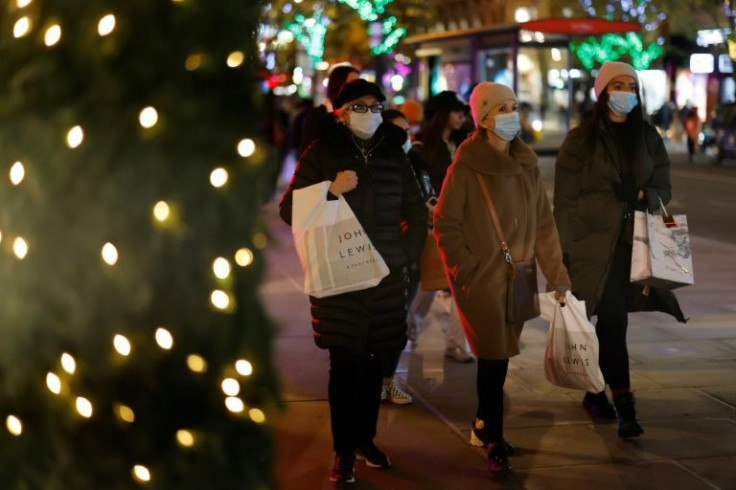Expert Warns About Omicron Symptom That May Cause Extreme Discomfort
KEY POINTS
- The three major complaints from omicron-infected patients were muscle pain, fatigue and headaches
- The headaches for unvaccinated cases appeared to be "more intense" compared to jabbed patients
- Omicron's symptoms were said to be "very mild," and most cases were likely to recover in a week
One particular symptom of the omicron COVID-19 variant appeared to be causing a lot of discomfort in infected patients.
Most patients infected with the new strain, which was classified as variant B.1.1.529 following its initial detection in South Africa in November, seemingly exhibited "very mild" symptoms, Dr. Angelique Coetzee said.
Coetzee, the chair of the South African Medical Association as well as the doctor who first sounded the alarm about the new variant, noted that patients had myalgia (muscle pain), fatigue and headaches as their "three major complaints” from the infection, according to Yahoo News.
However, the headaches experienced by the unvaccinated patients appeared to be "more intense" compared to jabbed patients and caused "intense discomfort," The Birmingham Mail reported.
The myalgia and fatigue, meanwhile, would last for a day or two, but the former was also "more intense" for unvaccinated people.
Despite this, Coetzee believed that their omicron patients were likely to recover in seven days and that "vaccinated people even recover quicker than unvaccinated people."
Scientists have advised people who wake up with headaches to take a lateral flow test as soon as possible to determine if it is COVID-19.
"[I]t would be prudent to wait 24 hours for the rapid test. We have found that the rapid test can be still false negative in that first period, less than 24 hours, but after 24 hours, up until about 5 to 6 days later, the rapid test is more than sufficient to be able to detect positive cases," Coetzee explained.
Even though omicron has already been detected in more than 60 countries ever since it was first reported, Coetzee warned nations not to add to the "hysteria" around the variant, according to a report by Sky News.
"You need to take precautionary measures, you have to be prepared but don't hype it up, (don't say) that people are going to die from viral infection, that hospitals will be overwhelmed. It is better to wait and see," Coetzee said in an interview when asked if the U.K. was "over-reacting" with its response to omicron.
The U.K., which has reported one omicron fatality so far, implemented new measures under its so-called "Plan B" to limit the spread of omicron. Among the new rules were requiring the use of face masks and COVID-19 passes in public settings as well as asking people to work from home whenever possible.

© Copyright IBTimes 2025. All rights reserved.





















